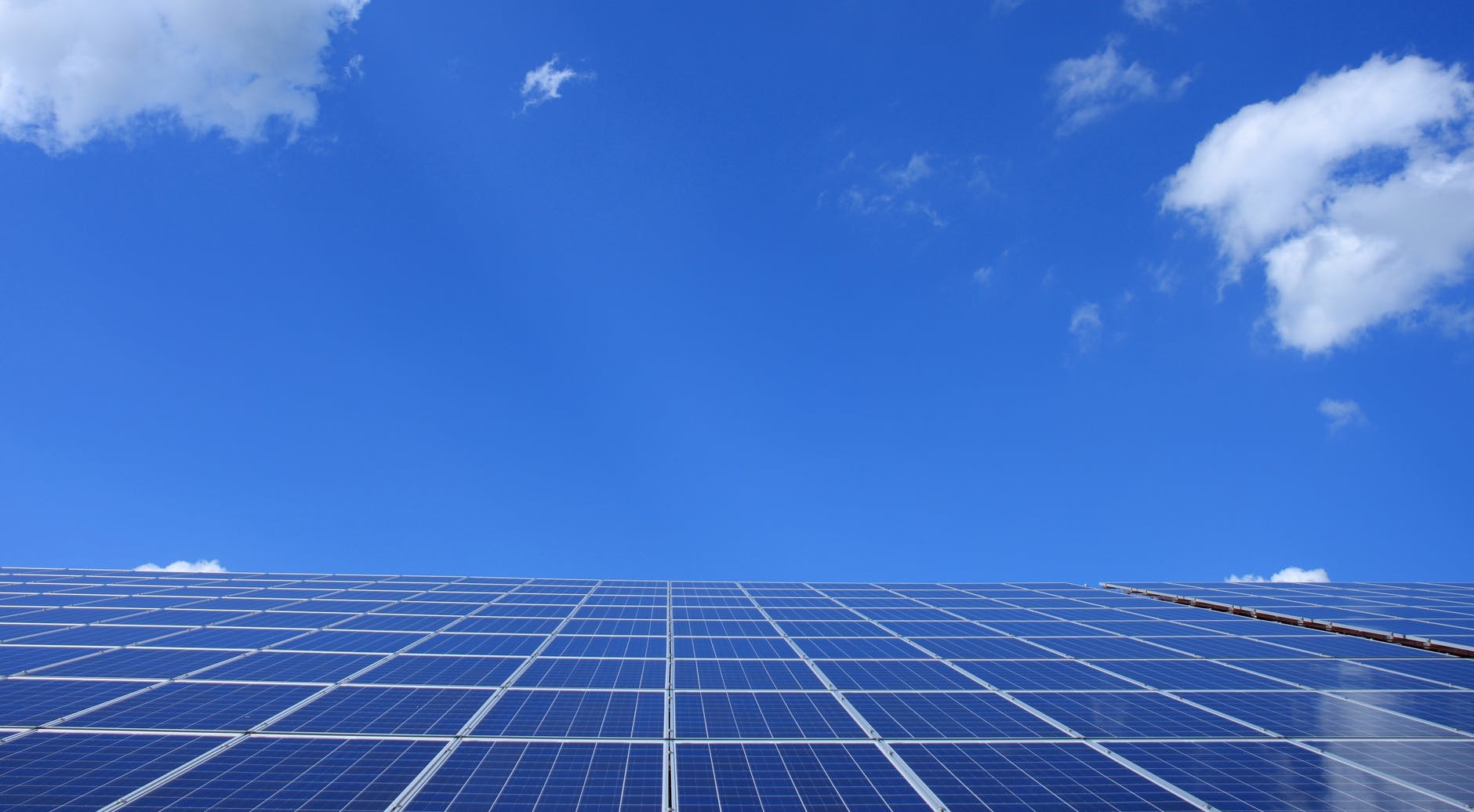
The Maharashtra Electricity Regulatory Commission (MERC) recently issued an important order in Case No. 231 of 2023 to clarify key points in its recent regulations related to rooftop renewable energy and distribution open access. This petition was filed by Mr. Sudhir Budhay, a consultant in the renewable energy field, on November 29, 2023. The aim was to ensure smoother implementation of the regulations and promote the use of renewable energy in the state.
One of the main clarifications concerned banking charges for high-voltage consumers under Net Metering. Since the net metering limit was extended to 5 MW, there was confusion about what banking charges should apply to consumers connected at High Tension (HT) and Extra High Tension (EHV) levels. The Commission clarified that these consumers would be charged banking fees equal to the wheeling losses at the HT level. This is a temporary measure to help recover some costs for the Distribution Licensee until the Grid Support Charges are waived.
Another important clarification related to the definition of “Same Consumer” for Group Net Metering. The petitioner asked whether multiple connections under personal names, business names, family members, or corporate groups could be included. The Commission explained that Group Net Metering is meant only for connections of the same legal entity under the Electricity Act, 2003. This means multiple connections of a single company or corporate body can participate, but it does not extend to connections owned by family members or sister companies with different names. However, for government departments, multiple connections belonging to the same department or establishment can be grouped for net metering to simplify processes.
Questions were also raised about changing the priority list and the share ratios for adjusting surplus energy within Group Net Metering. The regulations allow share ratios to be revised only once at the start of each financial year. The Commission stated that during the year, the priority list cannot be changed by adding or removing connections. To add or delete a beneficiary, the current group net metering agreement must be ended and a new one signed. If a property is sold or the consumer’s name changes, those connections automatically exit the Group Net Metering facility.
The petitioner also sought clarity on whether a “Satellite connection” could be a net-metered consumer or beneficiary in multiple Group Net Metering arrangements. The Commission clarified that Group Net Metering is designed to settle surplus generation at the primary connection only. It is not meant to pool power from different prosumers or subsidiary connections for consumption offset. The relationship is only between one primary net metering connection and other whole current meter connections.
Clarifications were requested on the calculation of a 50% credit refund mentioned in the regulations and the criteria for continuous credit accumulation. The petitioner suggested removing the requirement that credits must increase continuously, but the Commission disagreed. They emphasized that net metering’s primary purpose is to support captive consumption, and the refund rule aims to reduce excess accumulated credits rather than provide a cash revenue stream.
Similar questions came up about the definition of “consumer with multiple connections” in the Green Energy Open Access (GEOA) regulations. The Commission reiterated that multiple connections of the same corporate entity qualify if they meet the load limit, but connections of family members or sister concerns do not. Government department connections of the same department are also eligible.
Regarding GEOA, the Commission clarified that the banking cycle for unutilized banked energy ends every month, as per the 2019 amendment. For GEOA low tension consumers, Time of Day (ToD) meters are mandatory. If the removal of a consumer from a multiple-connection GEOA group causes it to fall below eligibility, the arrangement will be discontinued. The term “twelve-time blocks” refers to twelve 15-minute blocks, totaling 3 hours, for adjusting GEOA power.
The Commission noted that despite clear instructions in a hearing on November 19, 2024, Maharashtra State Electricity Distribution Co. Ltd. (MSEDCL) had delayed issuing an implementation circular beyond the required 15 days. This delay is being addressed separately in another case. In conclusion, the petition was partly allowed, and detailed clarifications were provided to promote a better understanding and implementation of the new renewable energy regulations in Maharashtra.
Related
Source link



